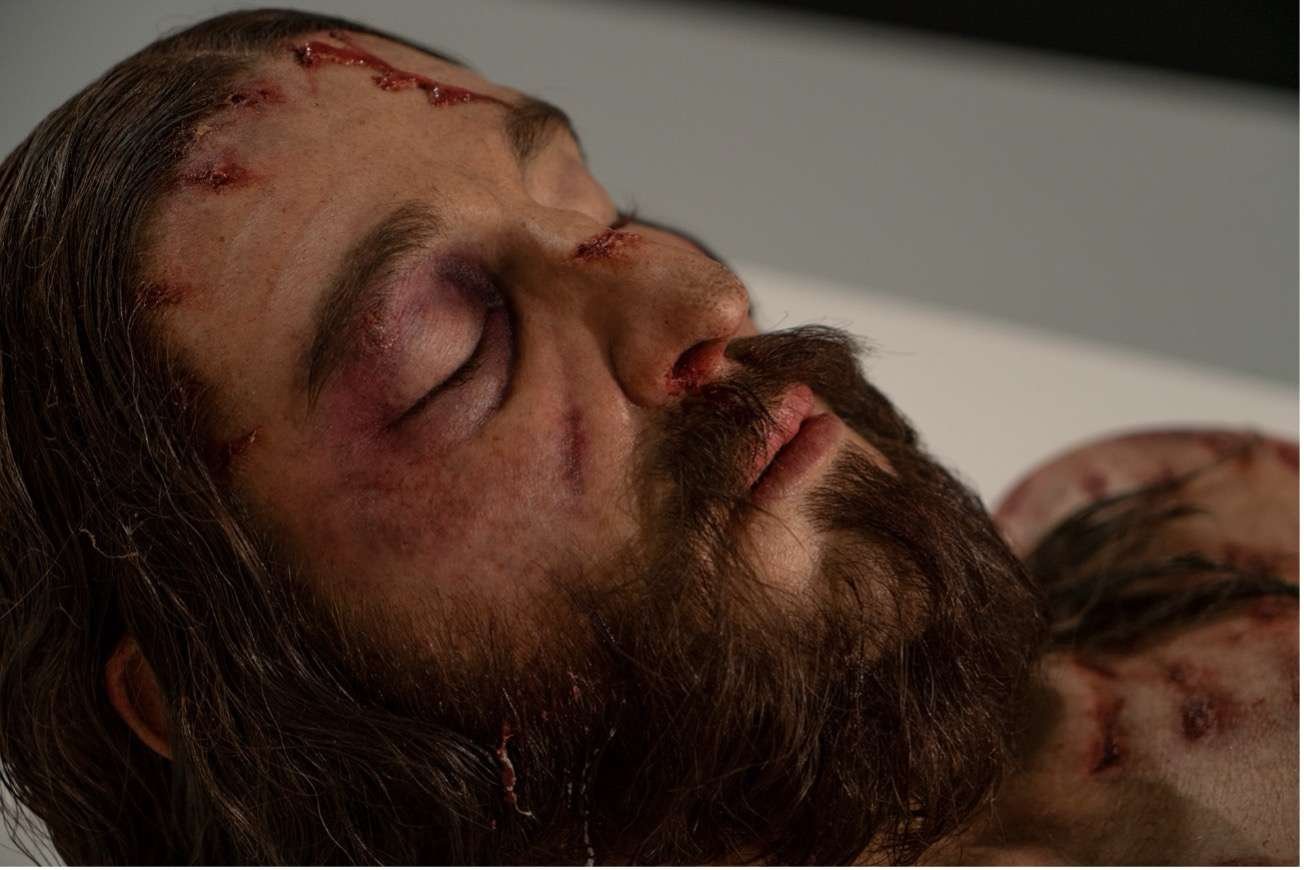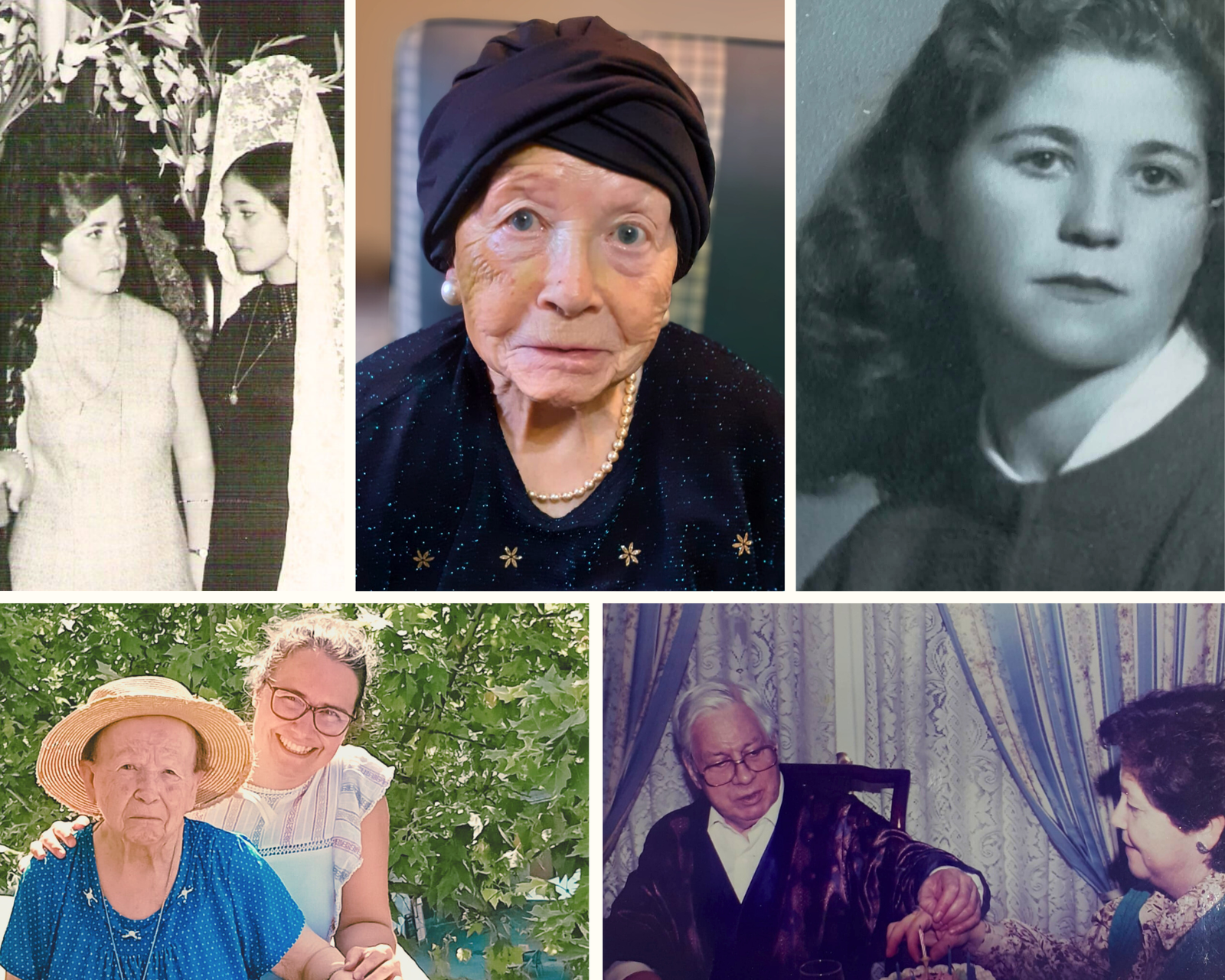
Gospel according to Saint John 20:19-31:
On the evening of that first day of the week, when the doors were locked, where the disciples were, for fear of the Jews, Jesus came and stood in their midst and said to them, “Peace be with you.” When he had said this, he showed them his hands and his side. The disciples rejoiced when they saw the Lord. Jesus said to them again, “Peace be with you. As the Father has sent me, so I send you.” And when he had said this, he breathed on them and said to them, “Receive the Holy Spirit. Whose sins you forgive are forgiven them, and whose sins you retain are retained.”
Thomas, called Didymus, one of the Twelve, was not with them when Jesus came. So the other disciples said to him, “We have seen the Lord.” But he said to them, “Unless I see the mark of the nails in his hands and put my finger into the nailmarks and put my hand into his side, I will not believe.”
Now a week later his disciples were again inside and Thomas was with them. Jesus came, although the doors were locked, and stood in their midst and said, “Peace be with you.” Then he said to Thomas, “Put your finger here and see my hands, and bring your hand and put it into my side, and do not be unbelieving, but believe.” Thomas answered and said to him, “My Lord and my God!” Jesus said to him, “Have you come to believe because you have seen me? Blessed are those who have not seen and have believed.”
Now Jesus did many other signs in the presence of his disciples that are not written in this book. But these are written that you may come to believe that Jesus is the Christ, the Son of God, and that through this belief you may have life in his name.
When the doors were locked…
Luis CASASUS President of the Idente Missionaries
Rome, April 07, 2024 | II Sunday of Easter
Acts 4: 32-35; 1Jn 5: 1-6; Jn 20: 19-31
The wounds of Christ. When I was working at the university, a colleague known for his bad temper and poor interpersonal skills died rather prematurely. He was even feared by the students. Let’s call him Claudio. After celebrating his funeral, after hearing the homily and the comments of several people, a colleague said to me with surprise and irony: Now, it seems that Claudio was a saint! It is true that this is often the case, as some values of any person come to the surface after his death. In a way, the old proverb is fulfilled: When you die, everyone declares themselves your friend.
But, beyond sarcasm, this observation acquires sublime tones when we speak of Christ. In today’s Gospel, when we remember that Jesus showed His hands and His side to His disciples, we must think that this was not a simple forensic proof of His identity, which was of course indisputable. Christ kept his scars forever, in order to make us understand the greatness of his love for us. We feel something similar when a person dies, physically or otherwise. It is true that when a relative or friend has loved me sincerely, I am not able to contemplate all the good he did me until he disappears and I see all the plans he abandoned for me, all the patience he had with me, perhaps for many years….
Christ arrives at the Cenacle, which had its doors locked, but He is able to enter and open the hearts of all, who felt sorrow, doubted, did not understand, perhaps thought of returning to their past life… Their hearts were also closed, but nothing can stop Christ, not even the stone placed before His tomb, nor our sin, nor any weakness. He left His wounds open, so that we would understand what Isaiah had already said:
He was pierced for our transgressions; he was crushed for our iniquities. The punishment that brought us peace was on him, and by His wounds we are healed (Is 53: 5).
We cannot know Christ without seeing his wounds, just as we cannot enter into the heart of our neighbor without knowing his. On the first day of the week, the disciples saw the wounds and believed. The same thing happened to Thomas eight days later.
But Jesus’ most important wound was that of his heart, which was certainly not superficial and represents his pain for those who feel abandoned, orphaned and unable to find meaning in life. Seeing the wounds of Christ is so important that he himself invited Thomas to touch them, to be convinced that the Master wanted to share them with them. This is what our Father Founder calls Stigmatization, the real spiritual wound that afflicts the apostle of Christ, impelling him to fight so that no one will be lost (2Pt 3: 9). If I am not willing to live with this scar, painful and full of energy, my interest in Christ will be purely intellectual or simple fondness for some liturgical practices that give me a consolation … I do not wish to share.
—ooOoo—
The re-encounter of Jesus with his disciples, which we remember today, has another transcendental moment, when he says: As the Father has sent me, so I send you. And then: Receive the Holy Spirit. Whose sins you forgive, they are forgiven; whose sins you retain, they are retained.
If the Resurrection of Christ was an astonishing and unexpected event, now Jesus commissions the fearful apostles no less to take His place, to go to all nations to lead them to the kingdom of heaven, and He also gives them the gift of forgiveness of sins. It is the first that he gives them, assuring them that they will be accompanied by the Holy Spirit.
The reasons are abundant for Christ’s urgent decision to grant the Church the Sacrament of Penance, sometimes called Confession. The effect of guilt on the human soul is devastating and this is not limited to believers. For example, in the famous tragedy Macbeth, by William Shakespeare, the ambitious protagonist Lady Macbeth causes the death of several people she considers obstacles to her plans and in the final act, unable to bear the remorse, she begins to have hallucinations and see her hands stained with blood, ending up committing suicide.
Confessing actions that seem inappropriate or serious to me, although it may be painful, produces a relief that some psychologists explain as follows: It is like putting a distance between the person I am now and the person I was when I committed that action that shames me. But it almost always happens that I fail to do so, and I fall into a litany of justifications or ways of minimizing my bad actions. Unfortunately, this is compounded by the individualistic ideology of our current culture, which even leads Christians to think that it is enough to “confess sins directly to God”.
Christ offers us a new perspective; which Pope Francis summarizes in this way:
The center of confession is not the sins we say, but the divine love we receive and always need. The center of confession is Jesus who waits for us, listens to us and forgives us. Remember this: in the heart of God we are before our mistakes (2 MAR 2021).
We should not identify ourselves with our sins nor with our virtues. Our identity is that of children and, as it is urgent to reach this filial consciousness, Jesus hastens to institute the Sacrament of Penance, called by the first fathers “the second plank of salvation”, after having received Baptism (Catechism, 1446).
But there is more. Let us recall the formula of absolution pronounced by the priest:
God, the Father of mercies, through the death and resurrection of his Son has reconciled the world to himself and sent the Holy Spirit among us for the forgiveness of sins; through the ministry of the Church, may God give you pardon and peace, and I absolve you from your sins in the name of the Father, and of the Son, and of the Holy Spirit. Amen.
Not only pardon, but also the peace of Christ is granted in this Sacrament. If there were no sins, the Church would have no mission, which is why it is sad to see how some people never manifest a single fault, so that the very concept of Salvation remains empty, without meaning.
There are three clear signs in people who never manifest their faults or rarely ask for forgiveness:
They usually talk a lot about their personal achievements, something similar to the attitude of the first protagonist of Jesus’ parable of the Pharisee and the tax collector in the Temple. The first one said: I do not lie, I do not steal, I come to church every Sunday, I read the Bible every day.
Another typical characteristic of this true sin against the Holy Spirit (not recognizing concrete faults) is some of the following self-justifications:
* What I did is nothing special, many do the same.
* What I did is nothing, compared to the evil that other people do.
* What I did is right, because it did not harm anyone.
* It is possible that I did harm, but my intention was never to hurt anyone.
Finally, such people are especially critical, sometimes unforgiving, of what they consider to be other people’s faults.
Let us not lose the grace of forgiveness, which always requires a form of confession.
—ooOoo—
We cannot overlook the sentence of Christ when he addresses Thomas today: Because you have seen me you have believed. Blessed are those who have not seen and have believed. Many lessons can be drawn from this, without making comparisons between the heroic Thomas, who devoted the rest of his life to an apostolate in the remote lands of Asia, and people who have not known Christ personally.
But, something that can be applied to all of us, who have received holy testimonies for two thousand years, is that Christ is recalling something that was the beginning of his preaching: The Beatitudes. He calls happy, that is, blessed, those who can neither see nor imagine the importance of being faithful in the most difficult moments. These moments are of two different “species”.
First, when difficulties choke us.
Secondly, when we do not see progress in our spiritual life; it may be because of a shameful fault, or perhaps because of a purification, during which we feel impotence, the displeasure of not doing the good we would like to do, or a distance from God that seems insurmountable.
We can conclude with a case of someone who really believed, without being able to see almost anything.
Anne is a young Australian girl born with a severe disability. She said:
As a teenager I wondered why I hadn’t died early, how much my disability weighed on me. My parents, who are faithful to the Gospel, always gave me the same answer: Anne, God loves you immensely and has a special plan for you.
They helped me not to block myself in the face of physical limitations but to take the initiative to love others, as God does with us. I have seen that many situations around me have changed and many people have in turn begun to open up more, and not only with me. From my father I received a personal message to open after his death, in which he had written a single sentence: My night has no darkness. This is my daily experience: every time I choose to love and serve those next to me, the darkness disappears and I am able to feel God’s love for me.
_______________________________
In the Sacred Hearts of Jesus, Mary and Joseph,
Luis CASASUS
President












